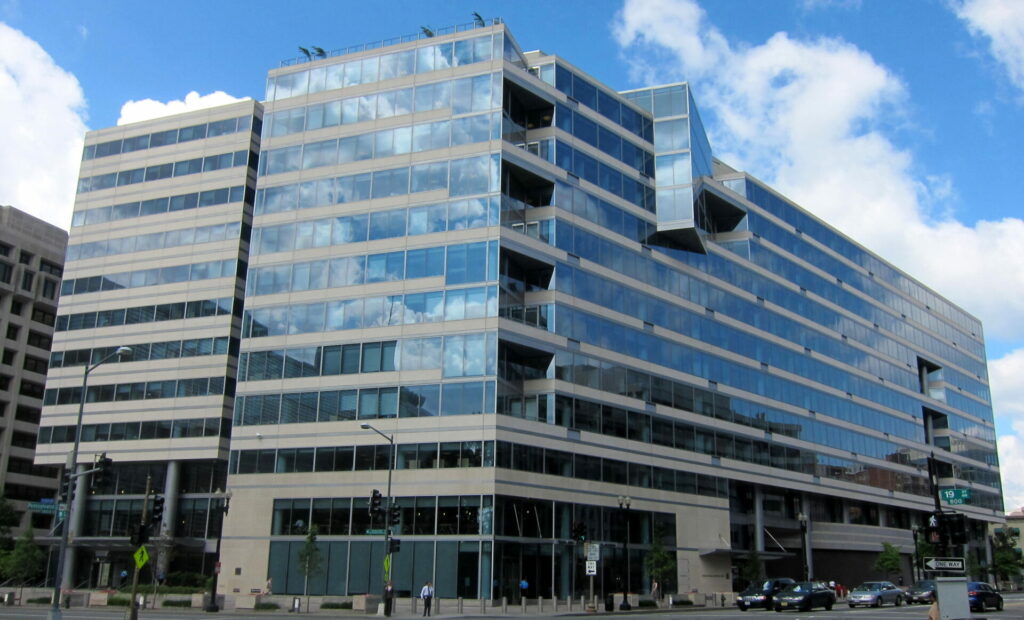A senior International Monetary Fund (IMF) official has urged European central banks to "kill the beast" of inflation by implementing further interest rate hikes.
Speaking in Stockholm on Friday, IMF European Department Director Alfred Kammer said that "history is littered" with examples of central bankers who prematurely paused rate increases only to "need to have a second attempt" at curbing inflation.
The European Central Bank (ECB) has raised interest rates six times over the past nine months in its efforts to bring down Europe's soaring inflation rate, which is driven in large part by high energy and food prices.
According to the latest data published by the EU statistics office Eurostat, the average eurozone inflation rate is 6.9%: almost 3.5 times the ECB's 2% target rate.
Last week, ECB President Christine Lagarde strongly implied that the ECB would implement further rate increases at its next meeting on 4 May: "Our monetary policy must deploy all its tools to bring inflation to the 2% target in the medium-term." She explained that efforts to do this were already in place though acknowledged that despite using "most of our tools, there is still a bit of a way to go."
Union pushback
Kammer's comments came the same day that the IMF published a report analysing Europe's dire economic predicament. Entitled "Europe's Balancing Act: Taming Inflation without Recession", it called on European policymakers to maintain a stern monetary policy as well as implement even deeper budget cuts.
"While tighter macroeconomic policies could add to financial sector worries, failure to act forcefully now... to bring down inflation could mean higher inflation later," the report warned.
It added: "Tighter fiscal policy would support monetary policy in the fight against inflation, helping central banks meet their objectives at lower interest rates, with positive spillovers for public debt service costs and financial stability. It would also restore depleted fiscal space and governments' ability to cope with large future shocks."
Related News
- ECB rate hike condemned as 'reckless' by Europe's major trade union
- A welcome decline: Inflation falls in Belgium
But the called-for monetary and fiscal tightening would be vehemently opposed by European trade unions, which argue that such policies only exacerbate Europe's severe cost of living crisis.
Following the ECB's last rate hike in March, General Secretary of the European Trade Union Confederation (ETUC) Esther Lynch suggested that the ECB's "cure" for Europe's high inflation rate "is now starting to look more dangerous than the disease".
"After being hammered by a cost-of-living crisis caused by profit-driven inflation, the last thing that working people need is another recession that the ECB risks creating through [another] rate hike," she said.

